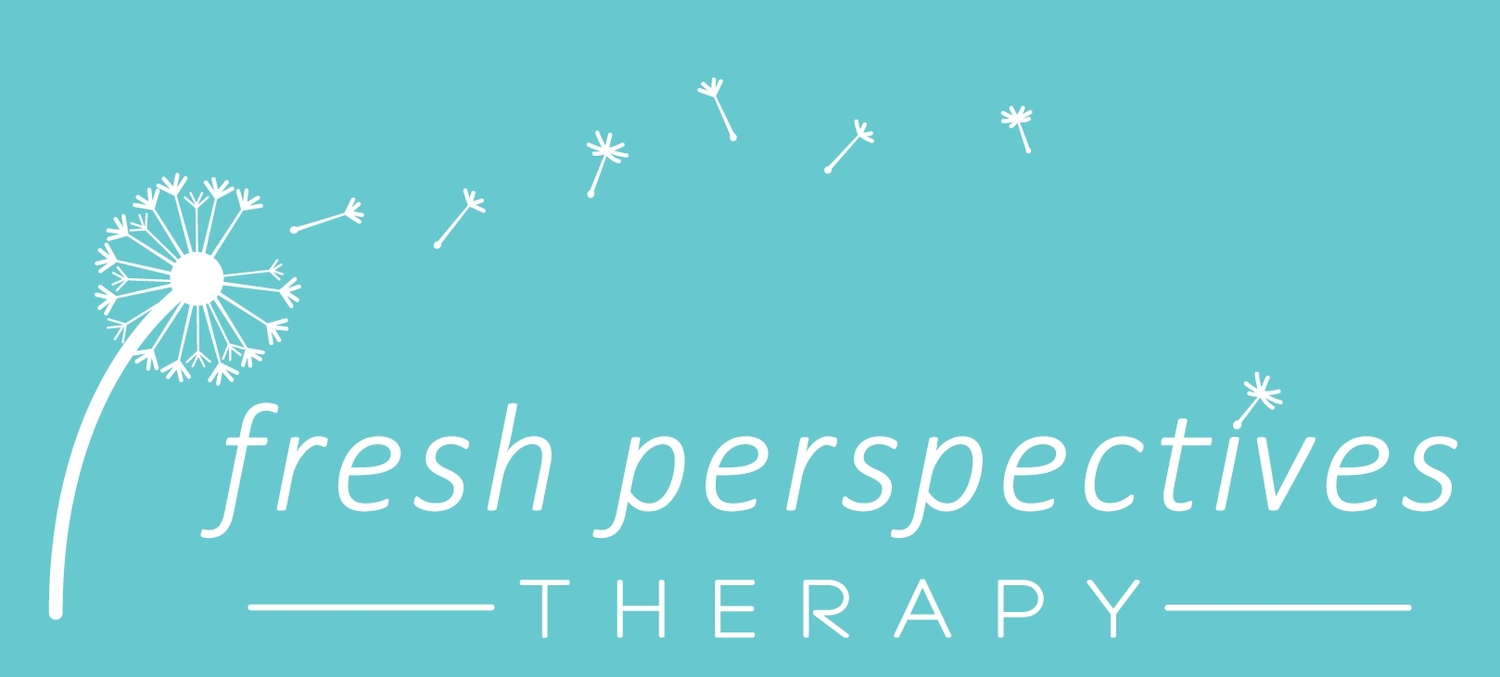"1996 Jocassee Quiet Solitude" by Anoldent used with CC License 2.0
Do you find you feel overwhelmed by strong scents, coarse fabric, loud sounds, or bright lights? Avoid violent movies and shows? Find that during busy days, you need to find a dark, quiet room or some other private spot to recover? Do you make it a priority to avoid situations that are likely to be overwhelming or upsetting? If so, you may have a personality trait called Highly Sensitive Person or HSP.
So what is life like for the Highly Sensitive Person?
They Feel Things More Intensely
One of the most distinguishable characteristics of Highly Sensitive People is that they feeling things more intensely than their less sensitive counterparts. They process interactions, experiences, and other stimuli more deeply and thus tend to be more emotionally reactive. For example, HSPs tend to be more empathic and will feel the pain or problems of their friends or loved ones very deeply, almost as if those pains were their own. While this can be overwhelming at times, it can also be an incredible strength because they tend to be very perceptive and in tune to the needs of others.
Sensitivity to Light, Sound, Smells, Taste, & Touch
Highly Sensitive People are not only sensitive to emotional and intellectual stimuli, but are also sensitive to physical stimuli. They are more sensitive to and can become easily overwhelmed by bright light, loud sirens, strong smells, and coarse fabric. On the flipside of this, they tend to enjoy light fragrances and have sharp palate, enabling them to enjoy delicate flavors.
Eye for Detail & Difficult Decisions
Since HSPs are much more in tune with the stimuli in their environment, they tend to be very detail-oriented people. They are able to notice things others would just simply not see. This can be really good news in regards to certain jobs and careers. Highly Sensitive People tend to be very skilled at breaking down the pros and cons of an important decision, carefully analyzing each side of the argument but really struggle when it comes to making the actual decision. Because the consequences of making a decision that is ‘bad’ or ‘wrong’ is felt so deeply by them and is feared greatly, they tend to become paralyzed and unable to make the call. In part, this is why they can function so well in teams or groups. They can see things their partners may be unable to see but then when it comes down to it, they can hand the reigns over to someone more comfortable with making the final decision.
They Are in Good Company
While HSP is gaining attention, it is still not well known or understood by most of the general population. The truth is, this trait is found in about 15-20% of the population, according to Dr. Elaine Aron, a leading expert in HSP. More people than you might expect have this trait, meaning that if HSP does not impact you, it might be a trait that your partner, your child, a family member, friend, or coworker has. In addition to HSP gaining more attention, other similar areas have had more research and publicity, like introversion. Don’t get confused. HSP and introversion are different. Dr. Aron estimates that around 30% of HSPs are actually extroverts. Also, HSP is often mistaken for shyness but these are also different. Shyness is something that is learned based on experiences. Again, HSP is a trait, a difference in brain functioning.
'Toughen Up' Just Doesn't Cut It
Telling a Highly Sensitive Person to “Toughen up”, “Don’t take things so personally”, or to “Lighten up” is not helpful, productive, or tactful. And they hear it from not just acquaintances or strangers, but close loved ones all. the. time. It is not a matter of being ‘tough’ enough, it is that their brain functions differently and processes information more deeply than those without the trait. In fact, they find ways to function in an over-stimulating world even though they experience stimuli much more intensely than others. They are actually quite tough!
All of this sounding a little familiar to you? Take this self-test, developed by one of the leading experts in Sensory-Processing Sensitivity, Dr. Elaine Aron. Parents, if this sounds a little like what your child is experiencing, there is also a parent's questionnaire developed by Dr. Aron you can take.

